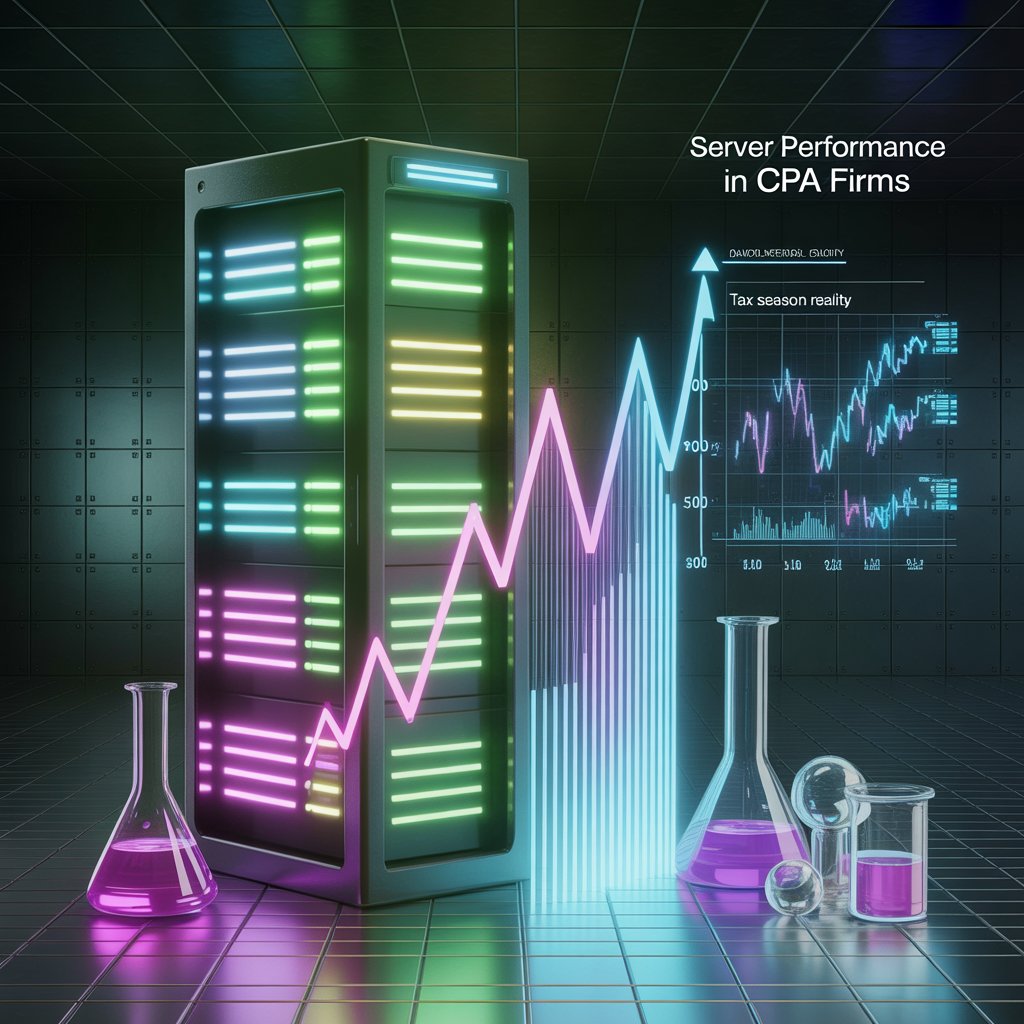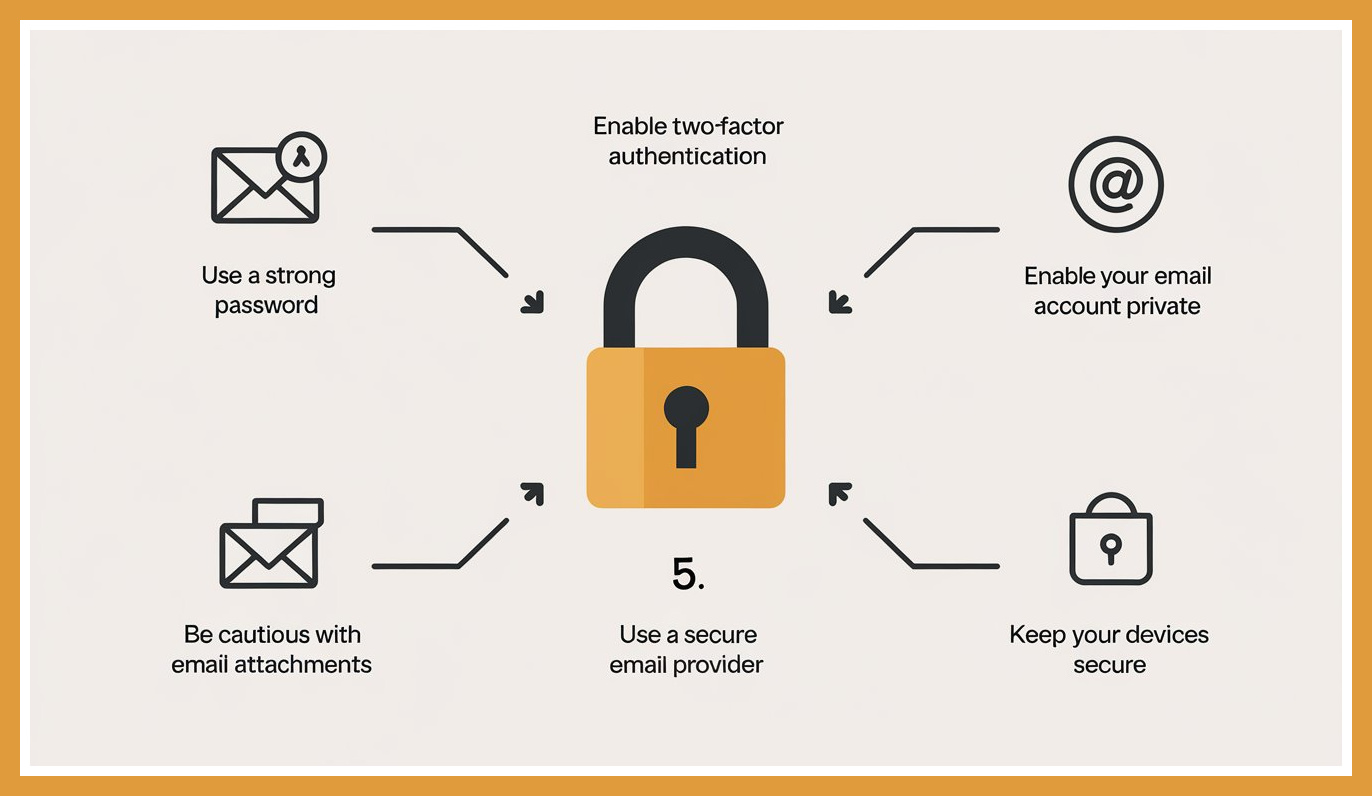
Improve CPA Firm Server Speed During Tax Season
Authored by 724IT – Business IT Support in San Diego
In the world of CPA firm server speed, there’s often a gulf between the performance numbers vendors brag about and what you actually experience during crunch time. If you’re an IT decision-maker at an accounting firm, you might be wondering why a server that promised “blazing fast 1M IOPS” still struggles with slow file access and software lag during tax season. We’re going to pull back the curtain on business-grade server performance – lab benchmarks vs. real-world workloads – and show how to bridge that gap. Spoiler: The key is focusing on honest metrics and reliable design, not fantasy lab specs.
By the end of this post, you’ll understand how to improve CPA firm server speed and ensure a seamless tax season.
Schedule a consult with 724IT today
Improve CPA Firm Server Speed vs. Marketing Hype
Every IT vendor’s marketing sheet looks like a dream: enormous IOPS, negligible latency, absurd throughput. It’s like the “photoshopped” version of server performance.
Lab Highlight: Vendor X’s test shows 487K IOPS @ 0.135ms latency (4K random reads, all-flash cache) – a practically unicorn-like scenario.
Now let’s inject some realism. In your CPA firm’s real-world environment, that same hardware will be handling mixed workloads…
Table – Improve CPA Firm Server Speed: Lab vs. Reality
| Performance Metric | Vendor “Lab” Spec (Idealized) | Real-World in CPA Firm (Observed) |
|---|---|---|
| IOPS (4K Random) | 500,000+ IOPS | 20,000–50,000 IOPS |
| Latency (Avg Response) | 0.1–0.2 ms | 3–5 ms |
| Throughput (Sequential) | ~12 GB/s | ~1 GB/s |
| Conditions | Single app, no background tasks | Multi-user, background ops, VM load |
Why CPA Workloads Feel Slow (Especially in Tax Season)
- Concurrency Chaos: Dozens of users = random I/O storm
- Mixed I/O: Real-world = reads/writes, apps clicking sporadically
- Network Bottlenecks: 1Gb = max 125MB/s throughput
- Background Tasks: Antivirus, backups, etc., steal IOPS
IT Manager Quote: “We paid for a server with ‘enterprise SSDs and huge IOPS’. But every tax season, my accountants ask why the server is so slow.”
Understanding IOPS, Throughput, and Latency for CPA Firms
- IOPS: Operations per second. Great for random small files.
- Throughput: MB/GB per second. Great for big file transfers.
- Latency: Time per request. Most important for user experience.
Real-World CPA Server Performance Benchmarks
Example metrics during peak use in a CPA firm:
- IOPS: Peaked at 45K across VMs
- Latency: Avg 4–5 ms; spikes to 15–20 ms
- Throughput: Max ~800 MB/s (network limited)
How to Improve CPA Firm Server Speed
- Run real-world benchmarks
- Monitor key metrics: IOPS, latency, throughput
- Optimize VMware/storage config
- Eliminate bottlenecks: Network, RAID, memory
- Set growth-based expectations
- Work with experts like 724IT
CPA Partner Quote: “Last year our server lagged in April. This year with 724IT? Smoothest tax season ever.”
How to Make CPA Server Speed a Priority
IOPS and low latency are important – but in the real world, what matters is stability, uptime, and user satisfaction. At 724IT, we deliver just that. If you’re ready to stop chasing benchmarks and start building systems that support your business reliably, get in touch with us today.
Hey Geeks… Here is our White Papers on this – Server Performance in CPA Firms: Fantasy Lab Specs vs. Tax Season Reality





